Polar Bears Threatened
The Department of the Interior will recommend adding polar bears to the endangered species list, a rare acknowledgment by the Bush administration of the impact of global warming. The world's largest bears depend on ever-shrinking Arctic sea ice for their survival.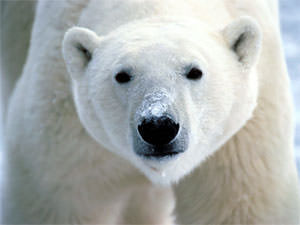
The Department of the Interior will recommend adding polar bears to the endangered species list, a rare acknowledgment by the Bush administration of the impact of global warming. The world’s largest bears depend on ever-shrinking Arctic sea ice for their survival.
Your support is crucial…Washington Post:
The administration’s proposal — which was described by an Interior Department official who spoke on the condition of anonymity — stems from the fact that rising temperatures in the Arctic are shrinking the sea ice that polar bears need for hunting. The official insisted on anonymity because the department will submit the proposal [Wednesday] for publication in the Federal Register, after which it will be subject to public comment for 90 days.
Identifying polar bears as threatened with extinction could have an enormous political and practical impact. As the world’s largest bear and as an object of children’s affection as well as Christmastime Coca-Cola commercials, the polar bear occupies an important place in the American psyche. Because scientists have concluded that carbon dioxide from power-plant and vehicle emissions is helping drive climate change worldwide, putting polar bears on the endangered species list raises the legal question of whether the government would be required to compel U.S. industries to curb their carbon dioxide output.
“We’ve reviewed all the available data that leads us to believe the sea ice the polar bear depends on has been receding,” said the Interior official, who added that U.S. Fish and Wildlife Service officials have concluded that polar bears could be endangered within 45 years. “Obviously, the sea ice is melting because the temperatures are warmer.”
Northern latitudes are warming twice as rapidly as the rest of the globe, according to a 2004 scientific assessment, and by the end of the century annual ocean temperatures in the Arctic may rise an additional 13 degrees Fahrenheit. As a result, researchers predict that summer sea ice, which polar bears use as a platform to hunt for ringed seals, will decline 50 to 100 percent. Just this month, researchers at the National Center for Atmospheric Research outlined a worst-case scenario in which summer sea ice could disappear by 2040.
With an uncertain future and a new administration casting doubt on press freedoms, the danger is clear: The truth is at risk.
Now is the time to give. Your tax-deductible support allows us to dig deeper, delivering fearless investigative reporting and analysis that exposes what’s really happening — without compromise.
Stand with our courageous journalists. Donate today to protect a free press, uphold democracy and unearth untold stories.


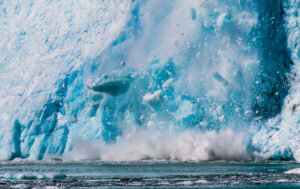
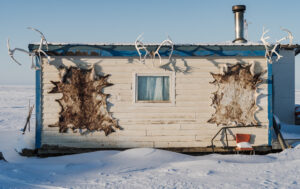
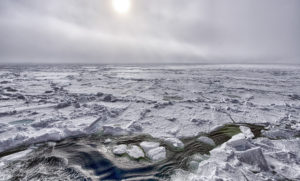
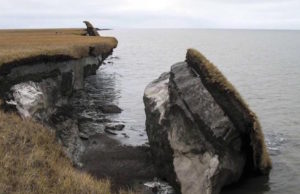
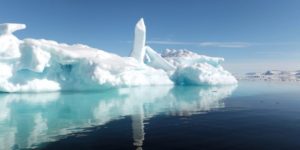


You need to be a supporter to comment.
There are currently no responses to this article.
Be the first to respond.